India permanently banned TikTok in June 2020, helping Instagram Reels dominate the online entertainment market.
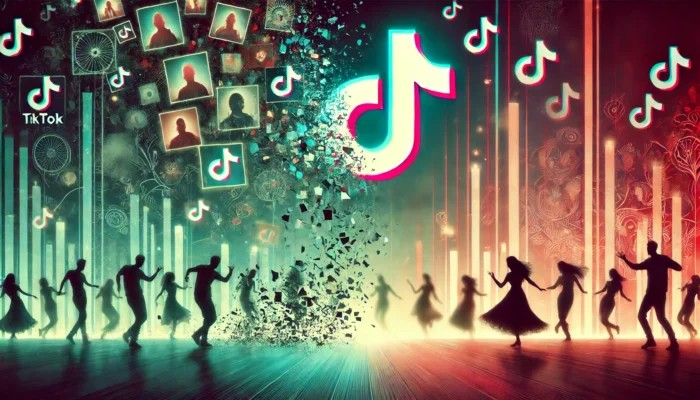
One afternoon in June 2020, India abruptly blocked TikTok and 58 other Chinese apps after a clash between soldiers of the two countries along the border. Mobile and internet service providers moved to block access to the app.
Overnight, 200 million users in the country were left without access to the short-video platform. TikTok was a cultural phenomenon in India, and the South Asian country was also the app’s biggest market.
While the ban initially hurt creators, people quickly turned to alternatives, most notably Meta's Instagram Reels.
Reels has since replaced TikTok in India's internet culture and digital economy , but has failed to replicate its rival's success among the masses.
Nikhil Pahwa, founder of technology policy website MediaNama, commented: While on TikTok, they can easily meet construction workers and farmers telling stories to local audiences, on Reels, it's all KOLs (social media influencers).
However, after 4.5 years, Pahwa believes that Indians no longer remember TikTok.
A few years after India banned TikTok, several other countries followed suit. Several countries banned TikTok from government officials’ devices, including the US, Canada, and the EU.
One of them is Nepal. In November 2023, Nepal decided to ban TikTok because of content that disrupted social harmony and disrupted family structures. Similar to India, the ban was enforced through internet and mobile service providers.
Aside from a few young people using VPNs to circumvent the law, the rest gradually stopped using the app. Reels then filled the void left by TikTok.
However, in August 2024, the new Nepalese government announced a broader set of social media rules, which TikTok agreed to comply with. Everyone seemed to be waiting for TikTok to return. Once again, the Chinese app was more popular than Reels.
According to research by the nonprofit Access Now, more than 10 countries have banned TikTok nationwide in recent years, but all were temporary, lasting a few days or weeks, including Armenia, Azerbaijan, Bangladesh, Ethiopia, Pakistan and Senegal.
TikTok has been shut down in the US since the night of January 18 (local time) to comply with the Protecting Americans from Apps Controlled by Foreign Adversaries Act. However, there are differences between the TikTok ban in India and the US.
The US Supreme Court’s approval of the law could open the door to TikTok bans in other countries, said David Kaye, a law professor at the University of California, Berkeley. That’s because the US is a model for many countries on free speech.
(According to Washington Post)
Source: https://vietnamnet.vn/tiktok-ra-sao-khi-bi-cac-nuoc-cam-cua-2364789.html


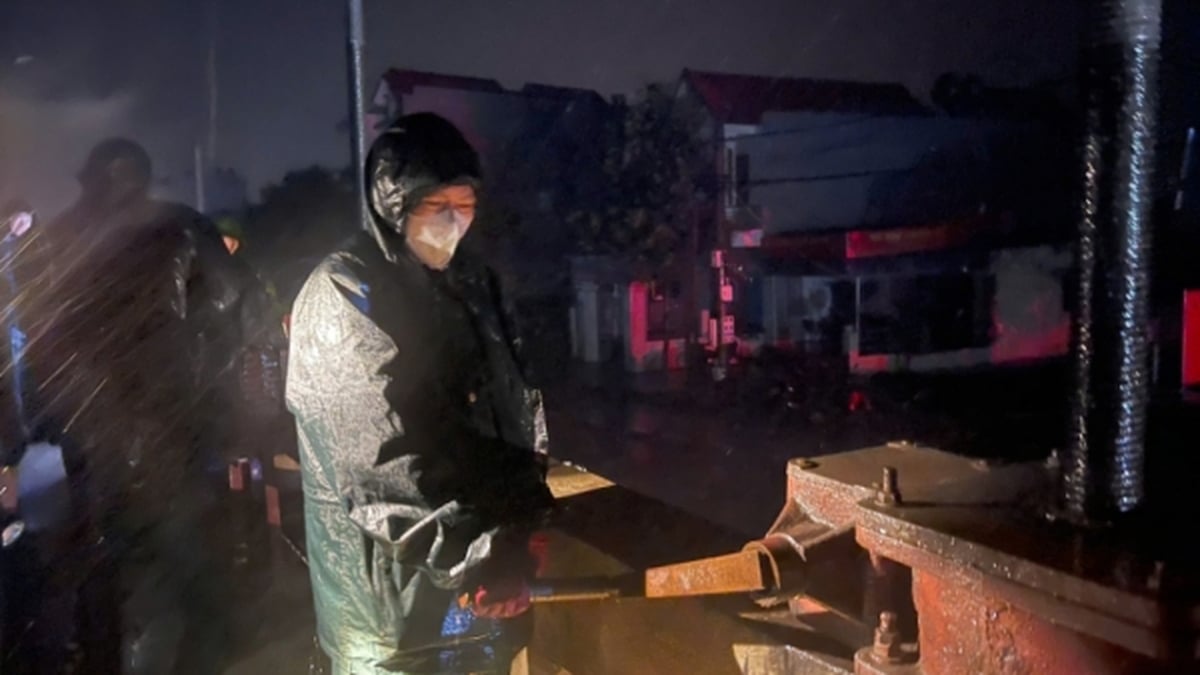
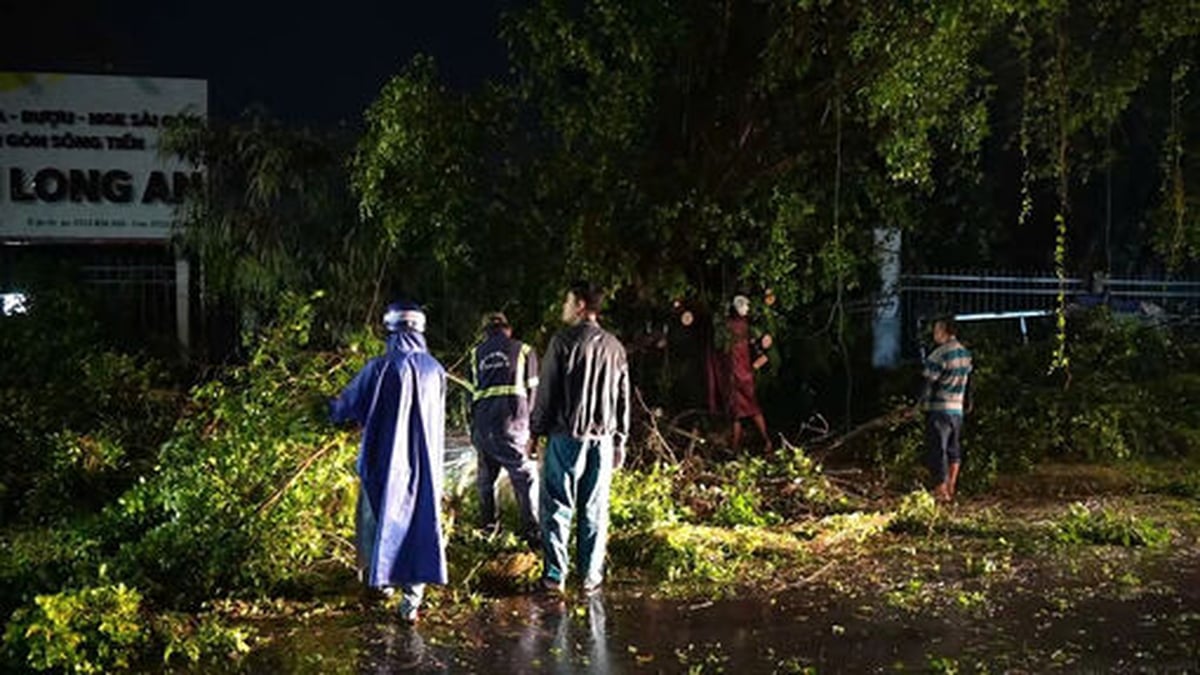
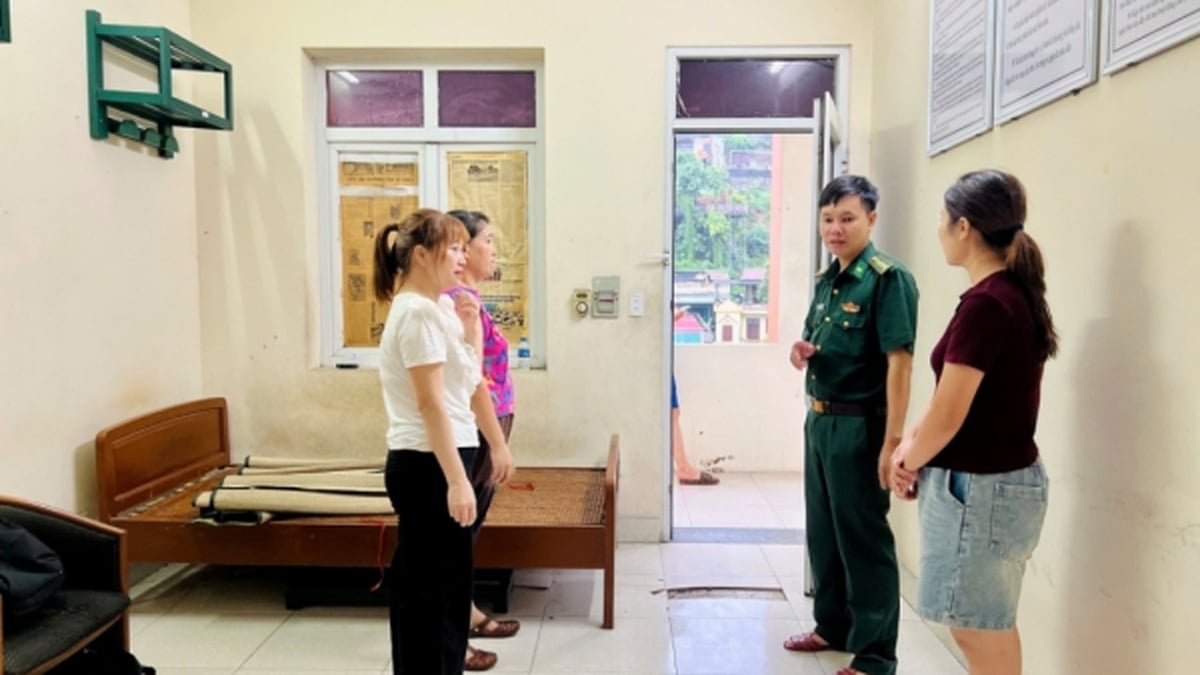
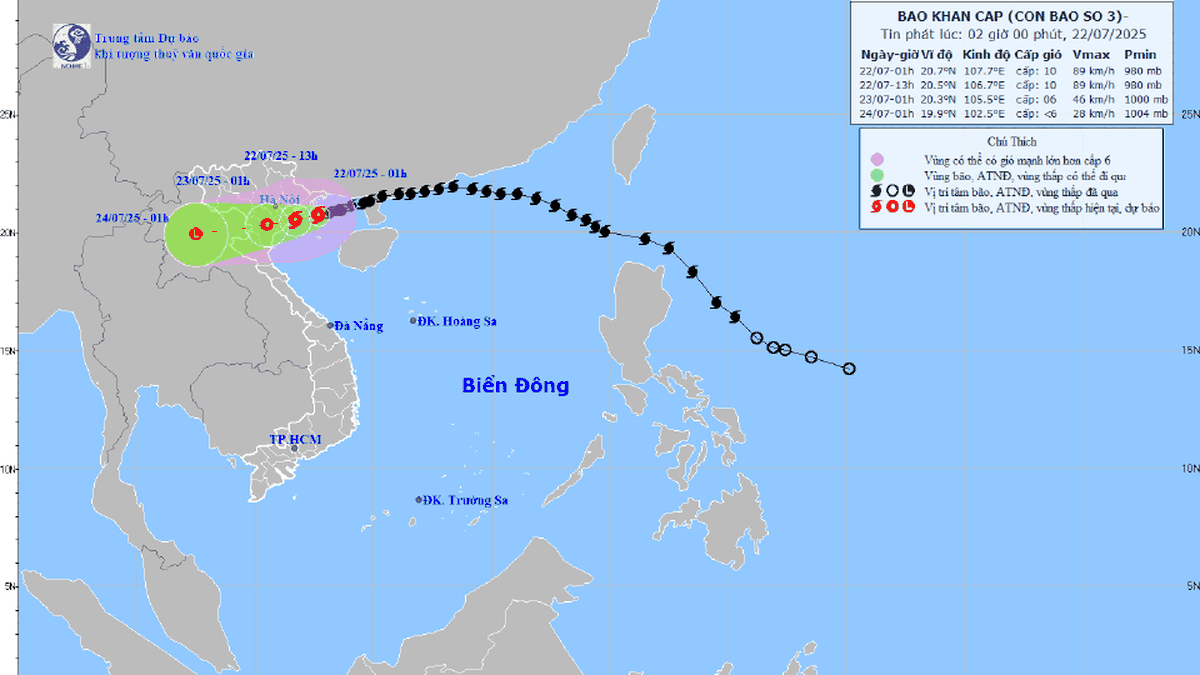



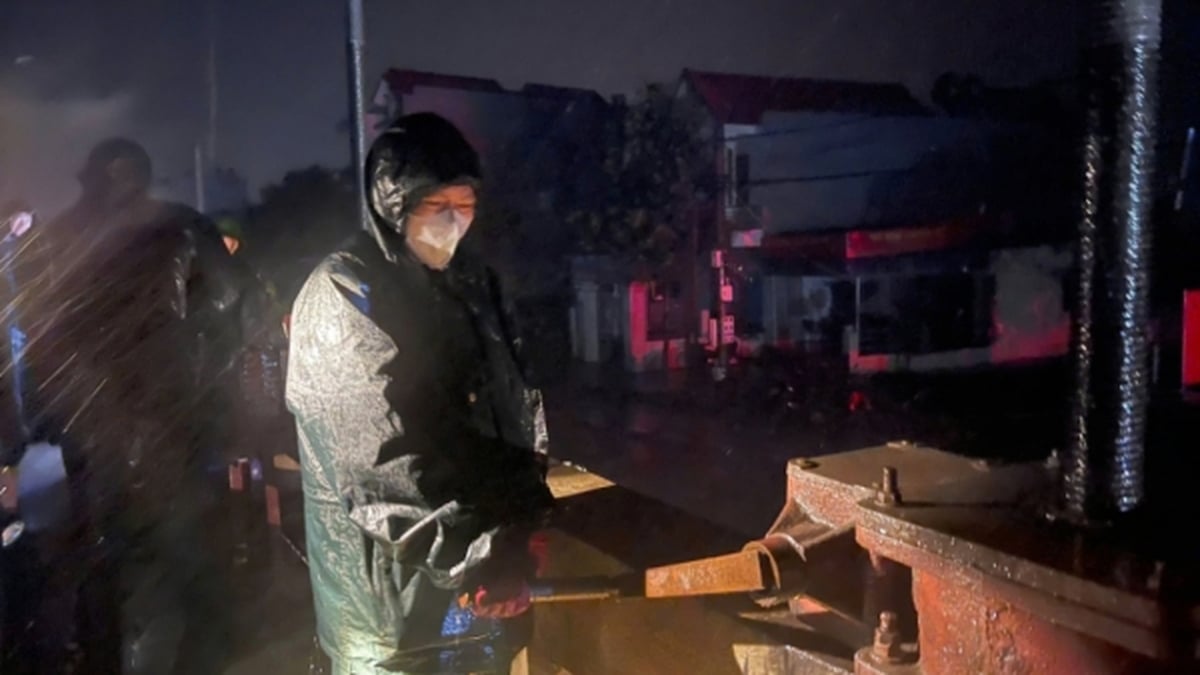
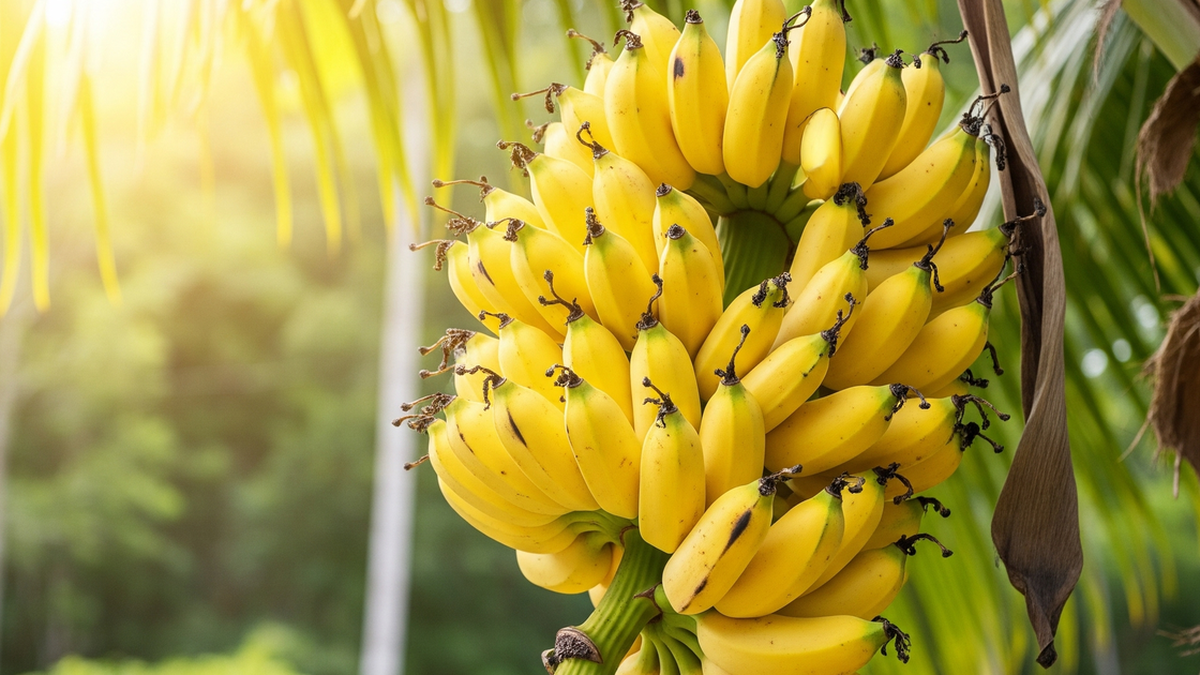


















![[Photo] National Assembly Chairman Tran Thanh Man visits Vietnamese Heroic Mother Ta Thi Tran](https://vphoto.vietnam.vn/thumb/1200x675/vietnam/resource/IMAGE/2025/7/20/765c0bd057dd44ad83ab89fe0255b783)








































































Comment (0)